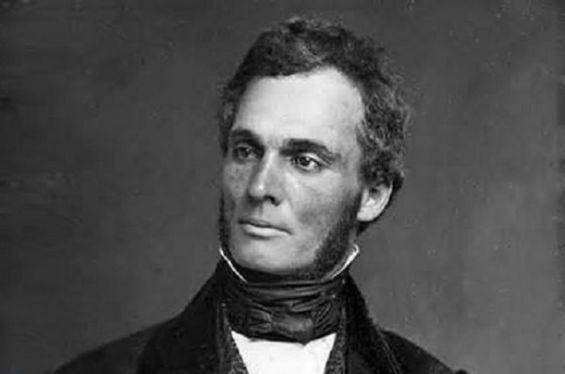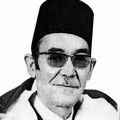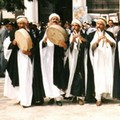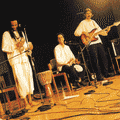He was one of the prominent abolitionists in the United States in the nineteenth century. But the story of his family was one of the major factors that influenced his career, achievements and work for the African-American community.
Robert Purvis (1810 – 1898) was born in Charleston, South Carolina, to mixed race parents. His mother was a free woman of color and his father was a British immigrant. His maternal grandparents, however, had an interesting story to tell. While he spent most of his life fighting against slavery, his maternal grandmother was a Moroccan freeborn woman who was taken as a slave to the United States.
The ordeal of a Moroccan «slave»
The account which Robert Purvis repeated several times suggests that his maternal grandmother, Dido Badaraka, «was born in Morocco», wrote Margaret Hope Bacon in her book «But Once Race: The Life of Robert Purvis» (Suny Press, 2012).
The historian recalls that at «the age of twelve, [Dido] was captured by a slave trader, along with an Arab girl». The two girls had been «lured to a mile or two out of the city where they lived to see a deer that had been caught» before they were captured.
«They were seized, bound, placed on the backs of camels and carried to a slave market on the coast» of Morocco, Bacon wrote. Purvis’ grandmother was then loaded onto a slave ship and «transported to Charleston in 1766».

The Arab girl that was accompanying Dido was freed «in order to keep peace with the Barbary pirates». However, Dido was kept and sold to a woman called Miss Harried Deas. The latter educated the Moroccan «slave», «treated her as a companion, and left instructions that she was to be freed and given an annuity of $60 when Miss Deas died».
After she was freed, Dido married Baron Judah, a Jewish man of German descent. Together they gave birth to Purvis’ mother, who later married his father, an English cotton merchant. Other accounts suggest that Purvis’ grandmother «spent seven years in slavery», while others claim that she was never declared a free woman.
Despite the several accounts that surround the life of his Moroccan grandmother, Purvis has grown connected to her background. According to «Friends Journal», the abolitionist’s «mixed parentage» shaped his life and ideas. Although he was «light-skinned and frequently mistaken for white», Purvis «identified with his mother and grandmother» and through them, he led a fight against slavery.
An American abolitionist of Moroccan descent
After graduating from Amherts Academy in Massachusetts, he settled down in Philadelphia, where he «took up the abolitionist cause in earnest», National Park Service reports.
In fact, Robert Purvis helped American abolitionist William Lloyd Garrison create the American Anti-Slavery Society in 1833 in Philadelphia. Throughout his career as an activist, the man of Moroccan descent helped found «the Library Company of Colored People (…) organized resistance to efforts aimed at restricting free blacks' civil rights» and served as president of, «the Pennsylvania Anti-Slavery Society and the General Vigilance Committee which provided direct assistance to runaway slaves», the same body wrote.
The man was also interested in women’s rights and served as «the first vice president of the Woman's Suffrage Society».
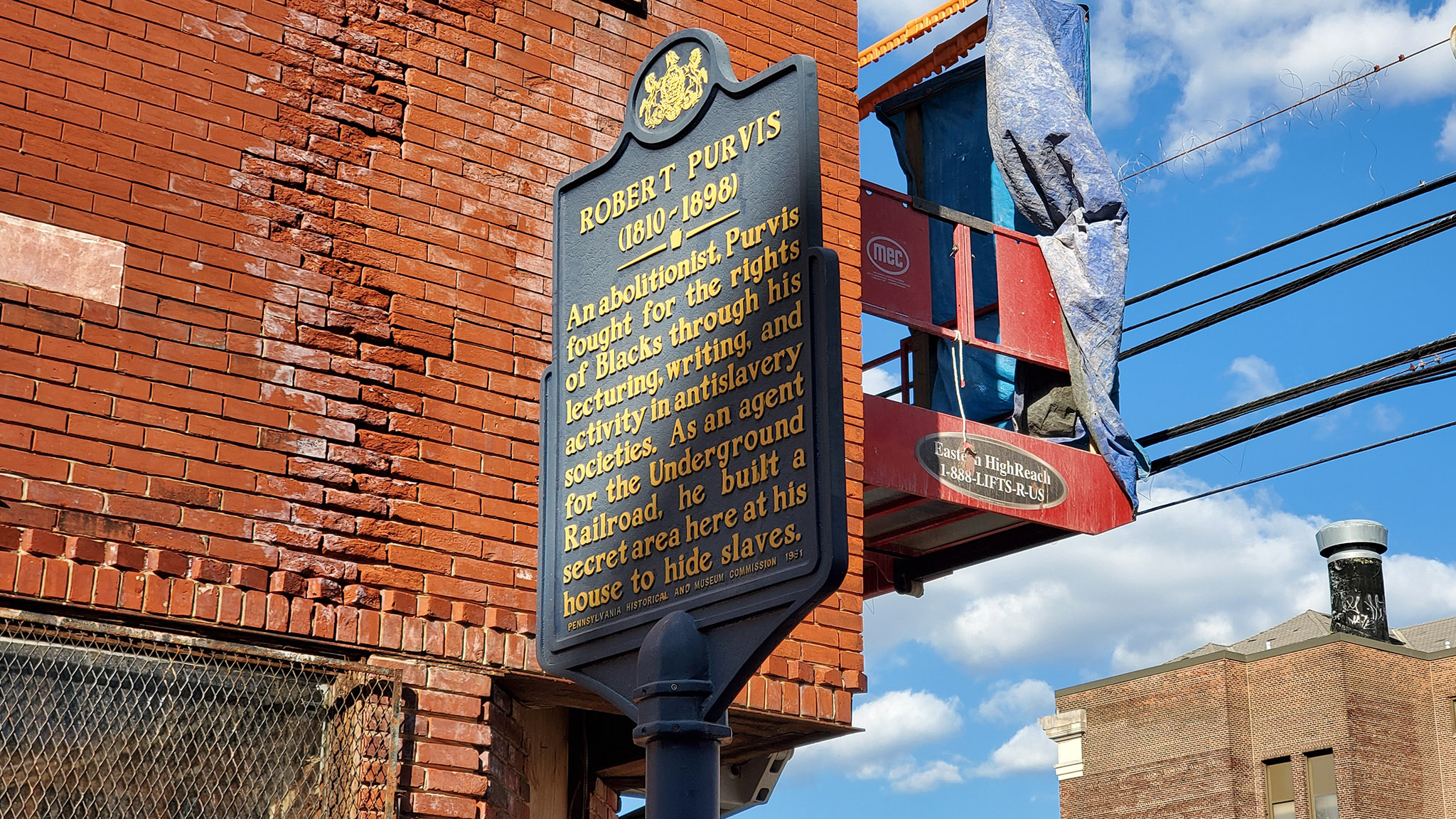 Mark Henninger
Mark Henninger
Purvis’ fierce fight against slavery can be seen today in his Philadelphia house. The latter is located «at 16th and Mount Vernon streets, where the famous abolitionist helped thousands of people escape slavery to freedom through Philadelphia».
As an agent of the Underground Railroad in Philadelphia, Purvis built the «secret area to hide slaves», Billypenn wrote in September. The location is expected to be renovated to preserve the legacy of this abolitionist activist of Moroccan descent.





 chargement...
chargement...




